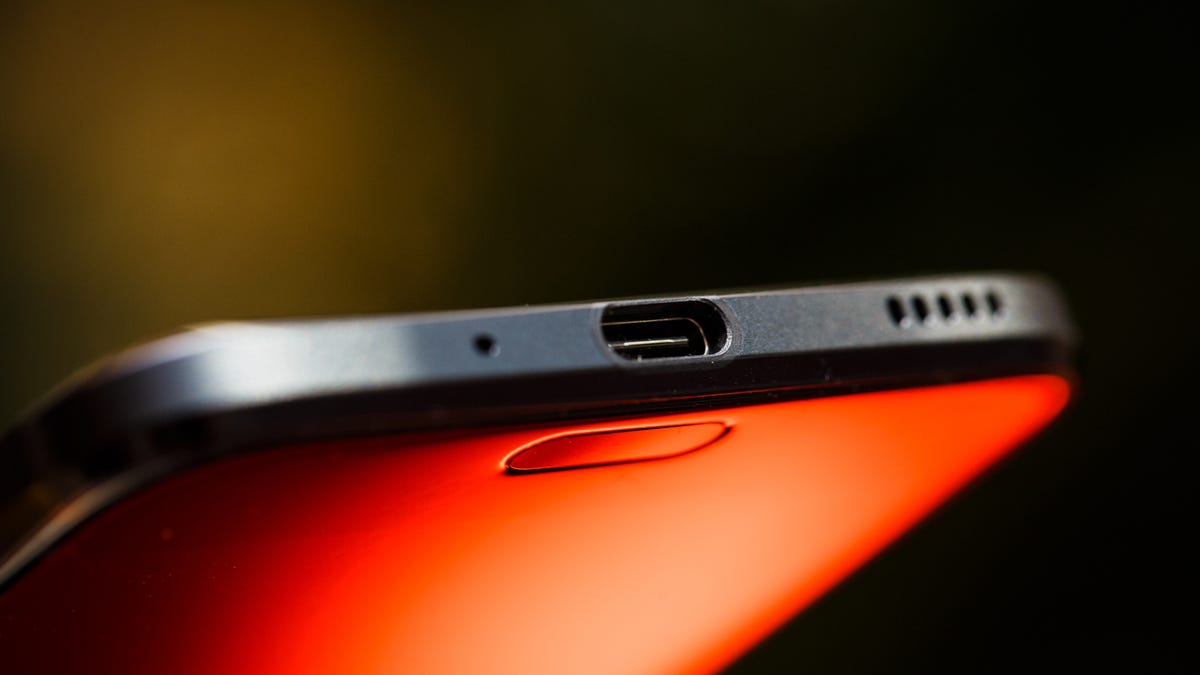Is the HTC Bolt a Sprint exclusive you actually care about?
Exclusive phones are passé, but HTC believes this one deserves a second look because it's so damn fast.

At first blush, this is a partnership that shouldn't succeed.
HTC, the perennial little guy whose products are routinely ignored in favor of heavy hitters like Apple or Samsung, has worked with Sprint, the nation's fourth-place wireless carrier, on an exclusive phone.
People hate exclusive phones.
Yet here is the Bolt, a phone made by HTC specifically for Sprint. It arrives in stores Friday. It costs $600, or $25 a month over two years.
Unlike other deals, this partnership wasn't borne out of some marketing or strategic decision. Sprint didn't arbitrarily pick a phone just to have an exclusive. Instead, it chose HTC to build a phone that was specifically tuned to tap into its network.
And that's why you should care: The phone boasts cellular speeds of 250 megabit per second, or roughly five to 10 times faster than your standard LTE connection.
"This wasn't just something different for Sprint for the sake of being different," Nigel Newby-House, HTC's vice president of strategy and planning in North America, said in an interview. "This was more of a technical partnership."
The Bolt serves as a showcase for Sprint's improved network, part of an effort to rehabilitate the company's reputation for poor wireless service. For HTC, the Bolt represents a throwback to loftier days when it created exclusive flagship phones for Sprint under the Evo name.
The original Evo 4G, released in 2010, was the first phone to tap into a new, faster wireless technology. Like the Evo 4G, the Bolt was specifically created to use a kind of tech called carrier aggregation, which lets its radio automatically hunt for the best available spectrum for a faster connection. In Sprint's case, it's sniffing out for three bands of spectrum, which fuel the crazy-high speeds.
Sprint only has this kind of network technology up and running in certain, unspecified markets. But the speeds that the Bolt can achieve in those markets help bolster Sprint's argument that there is a smaller gap in the quality and speed among the various wireless networks.
Still, your mileage will vary depending on where you live.
True to its name, HTC raced to get this phone ready. The two companies struck a deal to build the Bolt during Mobile World Congress in February, which means about nine months from start to finish. It can sometimes take twice as long to make a carrier-approved phone.
However, perhaps they should've taken a bit more time. CNET Editor Jessica Dolcourt said the Bolt is a pretty good phone but lacks anything to make it stand out from an Apple iPhone 7 or Google Pixel.
Sprint, meanwhile, may not seem like the most logical partner -- Verizon Wireless and AT&T are far larger in size -- but the company has been adding new customers in the last several quarters.
The Bolt's launch wasn't anything like the splashy event held to show off the original Evo 4G. Sprint deferred to HTC to host a low-key briefing for press in New York. A Sprint spokeswoman wasn't available to comment on the device.
The Evo 4G from 2013 was the first big collaboration between HTC and Sprint.
Is this the start of a new trend of building devices exclusive to different carriers? HTC's Newby-House doesn't think so. The company will stick with its norm for its flagship HTC 10, which is sold across multiple carriers. He noted that HTC didn't stretch that hard to build the Bolt, taking many of the design cues from the HTC 10 while customizing the guts to suit Sprint.
However, Sprint and HTC definitely have something in common.
"They're two companies steeling themselves for a fight," he said.

